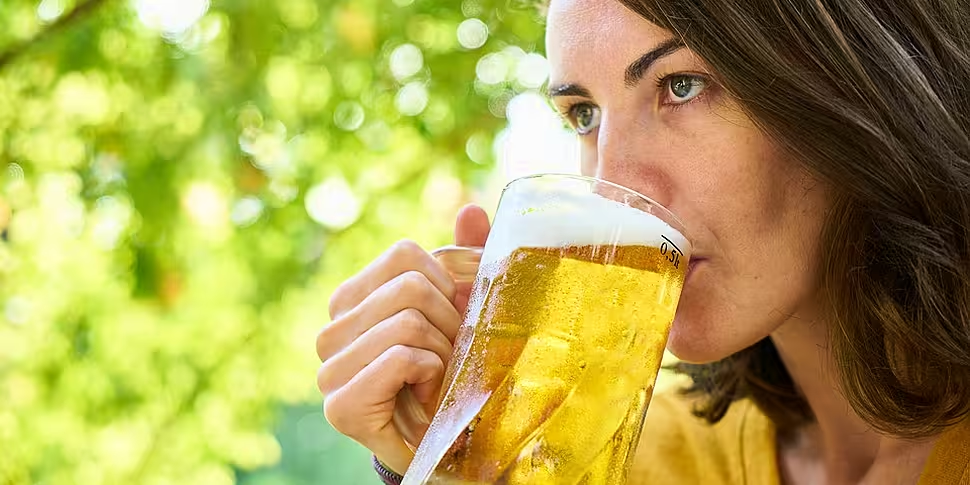
Thinking about giving up the booze for a month? Here's how it could benefit you.
Over the years, Dry January has become an increasingly popular concept.
The combination of over indulgence during the festive period, as well as a lack of funds in the bank account, has more and more people turning to the 31-day challenge.
But in terms of your health, what exactly are the benefits of a booze-free start to the New Year?
Well, researchers have the answer.
A team from the University of Sussex has conducted a study based on people who took part in Dry January 2018.
They surveyed 816 people who abstained from the alcohol until February, and found some very encouraging results.
The list of positives included:
- A greater control of future drinking habits.
- An increase in energy.
- Weight loss.
- Better sleep.
- More savings.
- And an improvement in skin texture.
Not a bad list!
Naturally the team is encouraging more people to give Dry January a try this year (it's still not too late to start) and even if you don't manage to stay alcohol-free for the whole month, you can still feel the advantages.
"The simple act of taking a month off alcohol helps people drink less in the long term: by August people are reporting one extra dry day per week," says one of the researchers, psychologist Richard de Visser.
"There are also considerable immediate benefits: nine in ten people save money, seven in ten sleep better and three in five lose weight."
"Interestingly, these changes in alcohol consumption have also been seen in the participants who didn't manage to stay alcohol-free for the whole month – although they are a bit smaller.
This shows that there are real benefits to just trying to complete Dry January."
Here are few stats from the 2018 Dry January participants later on in the year:
- When August 2018 rolled around, their average drinking days per week had fallen to 3.3 from 4.3.
- Their average units consumed per drinking day had fallen to 7.1 from 8.6.
- And the average number of times people were drunk per month had dropped from 2.1 to 3.4.
"The brilliant thing about Dry January is that it's not really about January," says Richard Piper, CEO of Alcohol Change UK.
"Being alcohol-free for 31 days shows us that we don't need alcohol to have fun, to relax, to socialise. That means that for the rest of the year we are better able to make decisions about our drinking, and to avoid slipping into drinking more than we really want to."
Moderate or excessive drinking has been linked to an early death, mental health issues, increased cancer risk, brain damage, and of course failing livers.
"Put simply, Dry January can change lives," says Piper.
"We hear every day from people who took charge of their drinking using Dry January, and who feel healthier and happier as a result."
So...would you give it a go?















